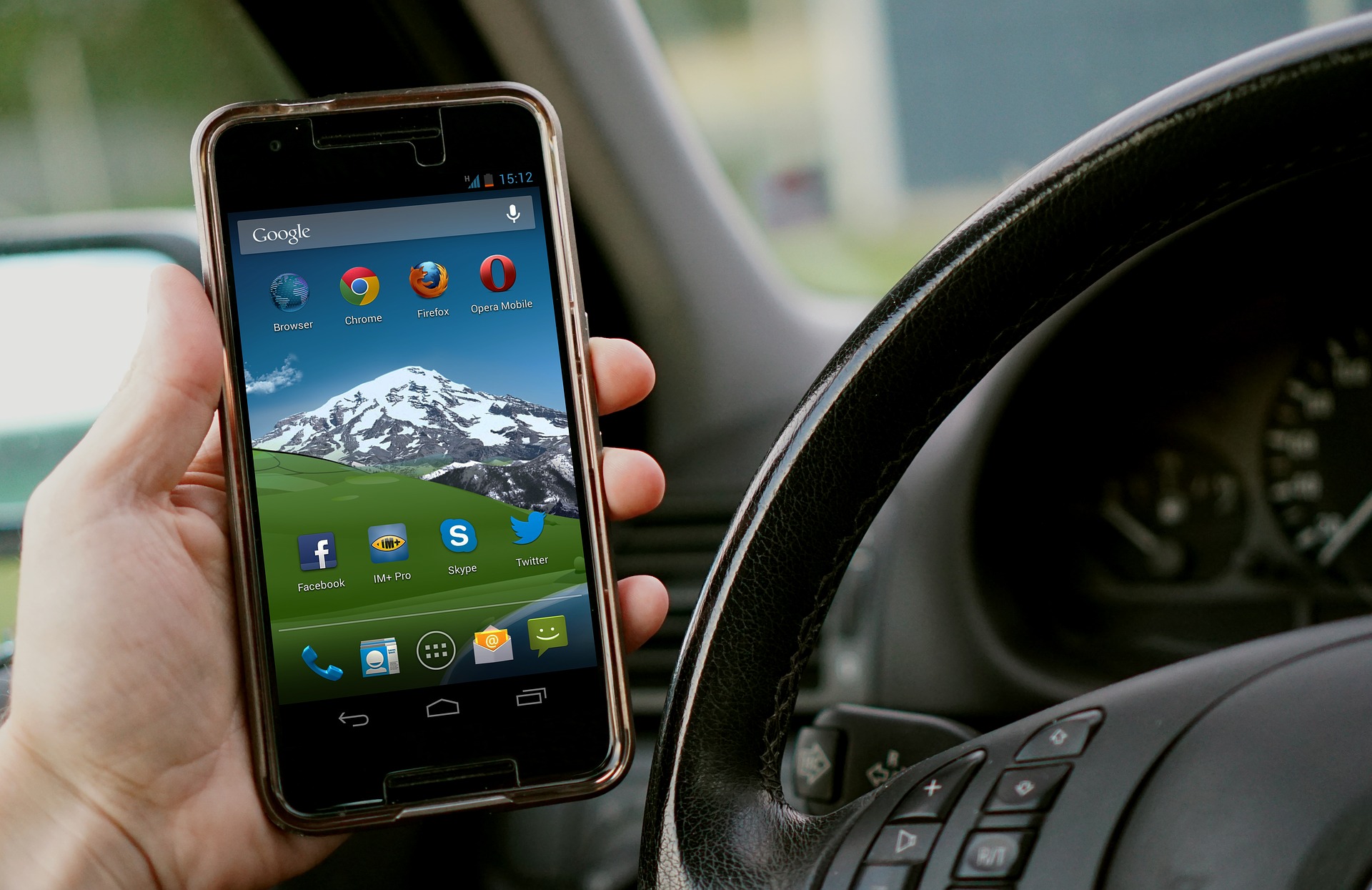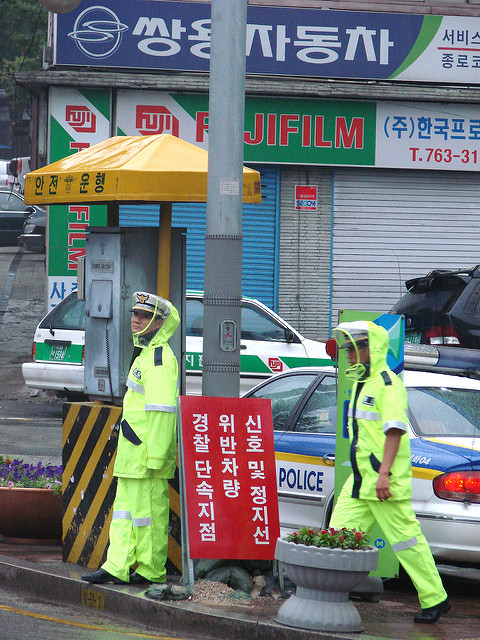The Michigan Supreme Court recently released a tweet about Distracted Driving Awareness Month, which is in April, in order to show their support of this campaign. The dangers of distracted driving are well known, but many people don’t realize the reality of these dangers. Texting and driving, which the Michigan Supreme Court mentioned in the tweet, is a highly publicized distracted driving activity, but isn’t the only one. Any activity which takes a driver’s attention from the road is considered distracted driving and could result in a distracted driving car crash. Logically, people know distracted driving is dangerous, but don’t realize that the dangers of distracted driving apply to them. Unfortunately, that kind of thinking can cause people to not be as careful while driving, and be the cause of a distracted driving car crash.
In one example of how dangerous distracted driving is, The Michigan Office of Highway Safety Planning (MOHSP) recently released a video about Sam Howell, a resident of St. Charles, Michigan, who was an unfortunate victim of a distracted driving car accident back in 2005. In a follow up press release about the video, the MOHSP said that Howell had dropped his cell phone and was trying to pick it up when it rang, when he drove right off the road. Howell suffered severe injuries in his distracted driving car crash and doctors estimated only a 3% chance of surviving at the time. Following the car accident, Howell was was in a coma for more than two months. Howell’s treating medical providers thought he would never wake up again, let alone be able to walk, talk, or eat, much to his parents’ dismay.
“This is not only his nightmare but our nightmare,” Jim Howell, Sam’s father, said when given the news about his son’s chances of survival in 2005. Maureen Howell, Sam’s mother, added, “Nothing on your phone is worth that.”
However, despite his low chance of surviving the distracted driving car crash, Sam woke up from his coma and began his road to recovery. Now, he can walk unassisted and advocates for increased awareness of the dangers of distracted driving, by using his own distracted driving car accident as a cautionary tale. “I remember reaching for my cell phone, which had fallen on the passenger floor and was ringing. I grabbed it, sat up, and was airborne off the road,” he said. He encourages people to not do what he did, and to put cell phones away and out of sight, while driving.
Distracted driving is a topic that should be spoken more about, especially since according to the National Highway Transportation Safety Administration, about 481,000 people use their cell phones while driving. That is why it’s quite progressive that The Michigan Supreme Court, whose youngest member is 49-years-old has chosen to embrace social media like Twitter, to spread awareness about the topic. The Michigan Supreme Court didn’t just tweet about distracted driving during Distracted Driving Awareness Month, but they used images and short text to drive home the point. Sure, even dogs have their own Twitter accounts these days, but having the highest federal court in the United States weigh in on a topic, proves how serious and important distracted driving is.
Distracted driving is a dangerous activity that claimed 40,100 lives in 2017, according to The National Safety Council (NSC). Checking a text, Facebook notification, or talking to your friend about how excited you are about Avengers: Infinity War, are all important things to people living in 2018. But, they are things that should be done when not behind the wheel of a motor vehicle. Distracted driving is 100% preventable! Any car accident injuries or car crash fatalities caused by a distracted driving accident are therefore also 100% preventable!
More important and influential institutions like The Michigan Supreme Court are joining social media in order to keep up with current topics and events. Hopefully, by adding their thoughts to the social media conversation, they will help spread awareness on important subjects like distracted driving and help save lives. If you or someone you know is a victim of a distracted driving car crash, call The Michigan Law Firm, PC at 844.4MI.FIRM for a free consultation. Our attorneys are highly experienced in helping victims of distracted driving car accidents identify and collect any benefits they may be entitled to under Michigan law.










